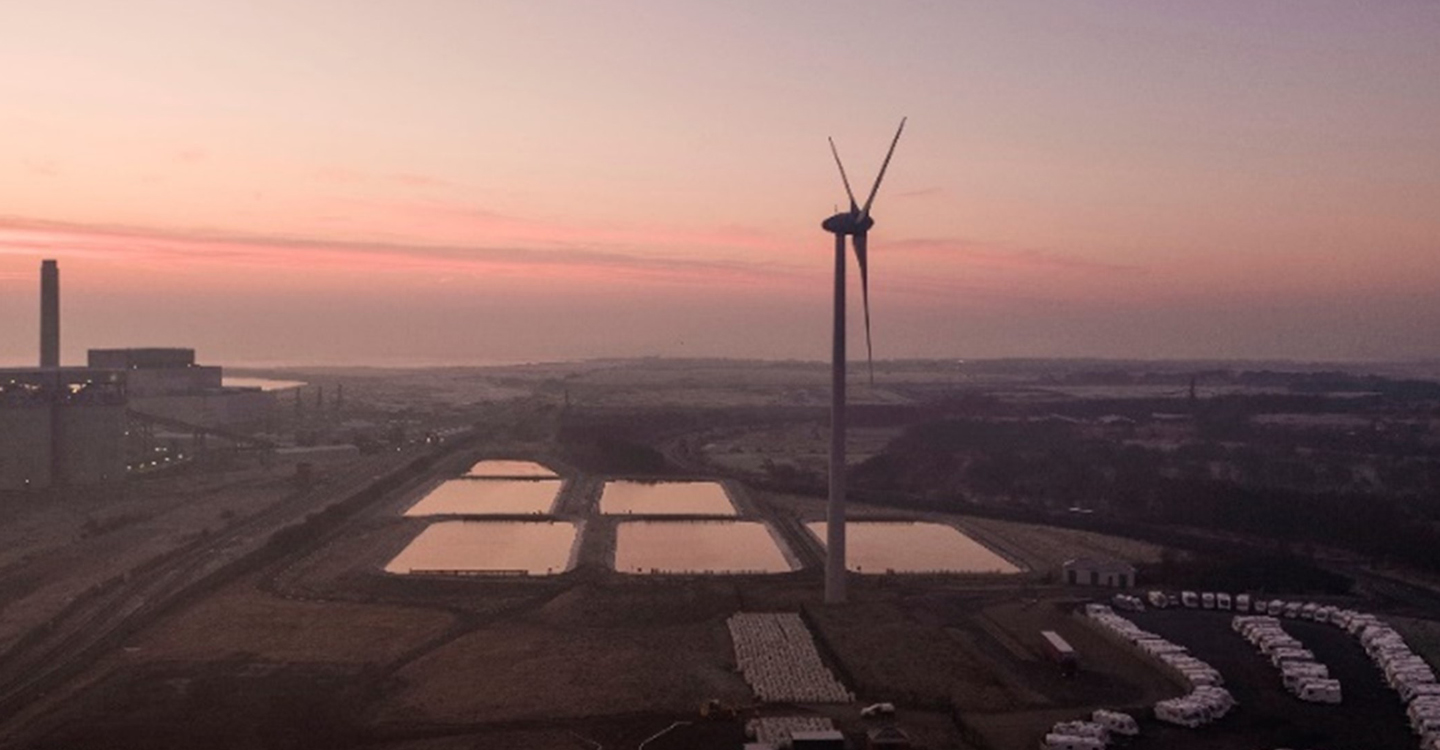
Innovation Lab’s research fosters collaboration between AB Agri and the Coal Authority
- Home
- Innovation Lab’s research fosters collaboration between AB Agri and the Coal Authority

Amur, the Anaerobic Digestion arm of AB Agri, is working in collaboration with the Coal Authority to improve the UK’s Anaerobic Digestion (AD) industry. A mutual agreement has recently been signed between the two parties.
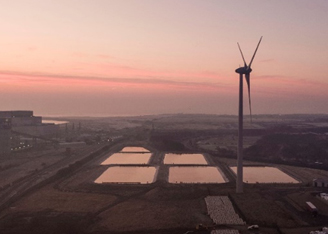
Credit: the Coal Authority/SomeSeeDifferent Photograpy
The collaboration is a direct result of the research breakthrough made at AB Agri’s Innovation Lab, where it found a method to utilise iron rich material as an additive in AD. The iron rich material or Ochre, which is collected from the Coal Authority’s mine water treatment schemes, will be marketed as ADFe, and has been found to be a great substitute to the conventional Iron Hydroxide used to manage Hydrogen Sulphide (H2S) levels in biogas. ADFe is shown to be 30% more effective than conventional iron products.
This innovative discovery by AB Agri means the material from the Coal Authority’s mine water treatment schemes can be repurposed as an additive in the AD industry and save industry players from having to import Iron salts from Europe and beyond.
ADFe is readily available in the UK, so on top of saving transport costs from importing materials from overseas, its usage contributes towards sustainability.
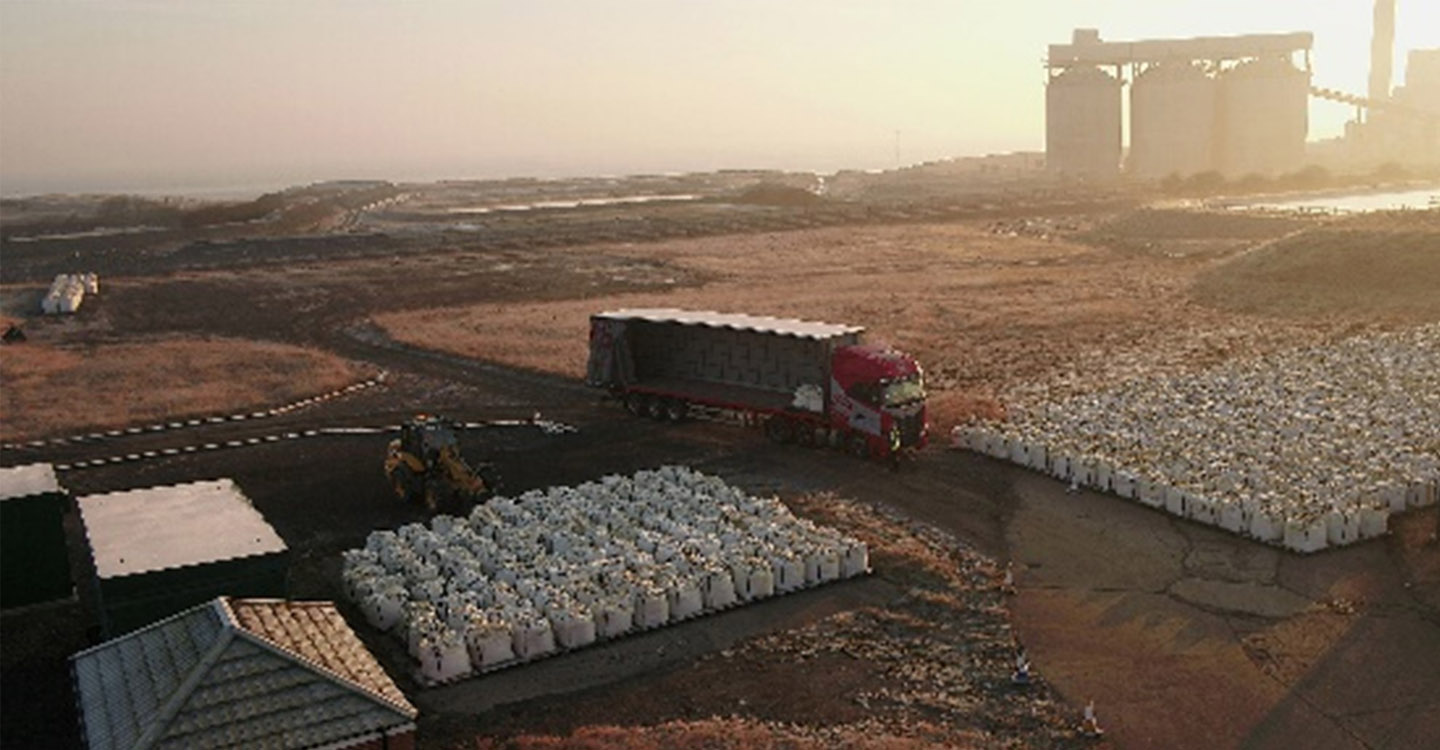
Credit: the Coal Authority/SomeSeeDifferent Photograpy
AD is a process where waste products such as household food waste are broken down by bacteria to create biogas and digestate. The AD process also produces H2S, which is a dangerous gas for humans and is highly corrosive. It can corrode engines and poison membrane treatment systems in the plant. Adding ADFe to the equation controls the production of H2S, thus reducing the likelihood of plant issues.
The digestate is a nutrient-rich substance which can be used as a renewable fertiliser, the biogas created from the process is used as a sustainable source in generating renewable fuel and gas. In the current climate where energy is very much a valuable resource, this comes as a huge advantage to the industry.
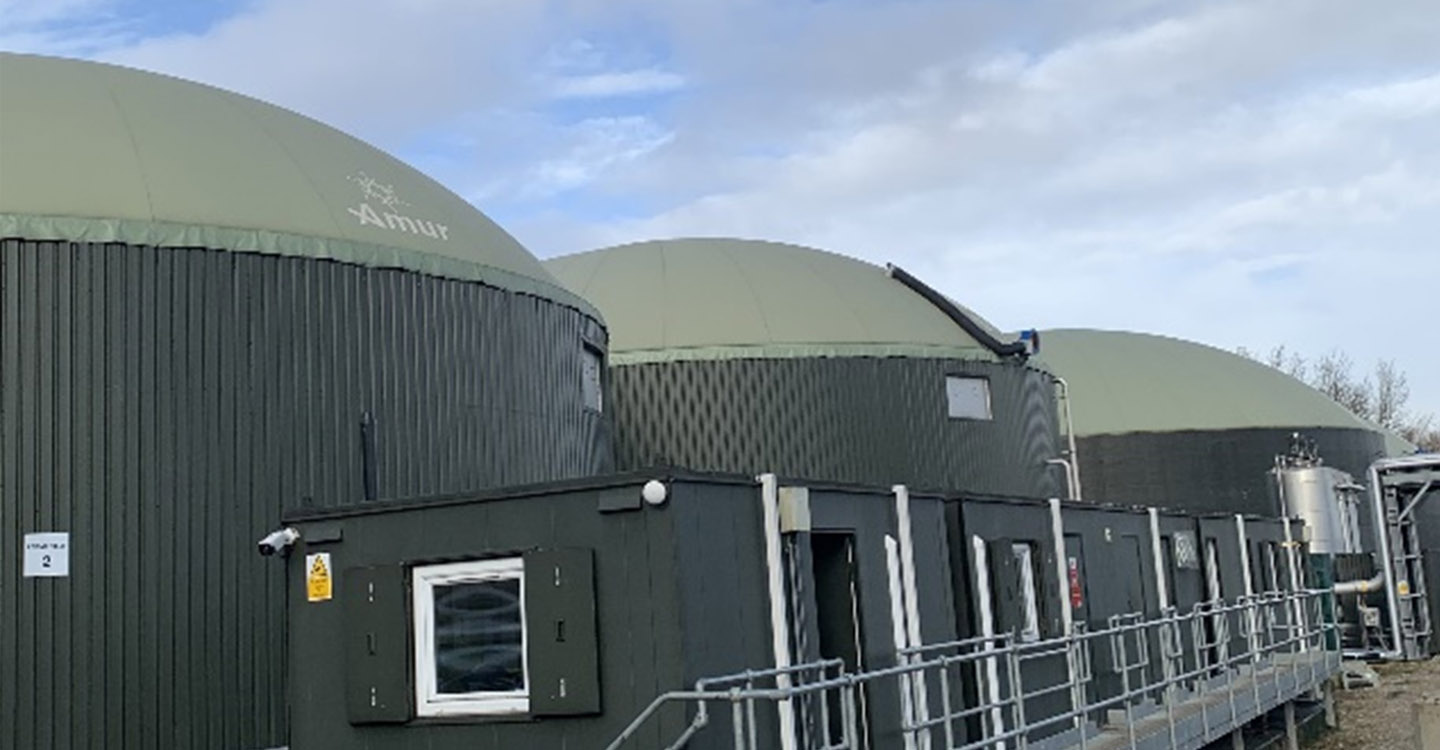
This partnership not only provides a solution for management of this iron rich mud, but also in reducing dangerous gas production. The use of ADFe also delivers savings in H2S treatment costs of approximately £100 per day, making up a substantial cost saving in the long run.
It is estimated about 700 tonnes of ADFe could be obtained from two mine water treatment schemes, and this has an ability to increase if more schemes are adopted into the programme. With this in view, supply of ADFe should be able to meet the demand of the industry.
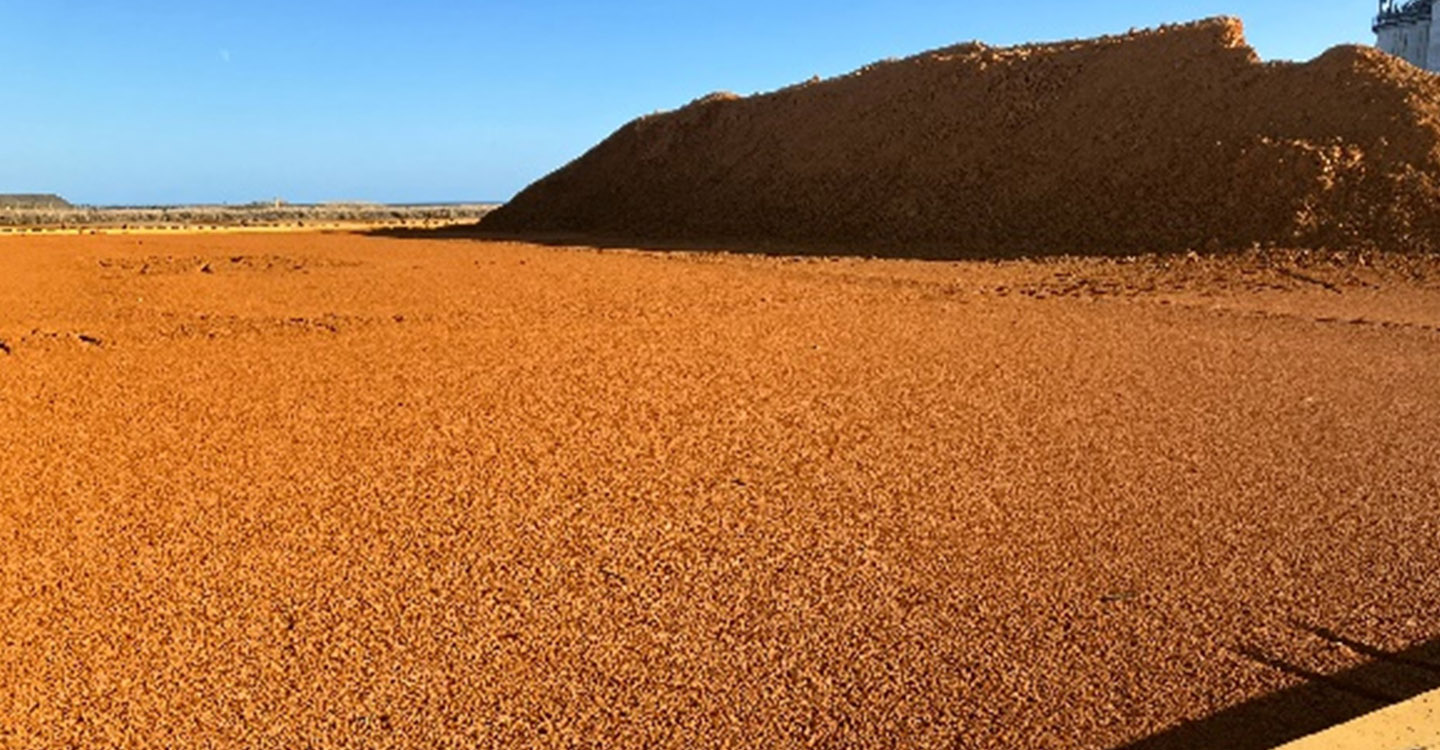
Credit: the Coal Authority/SomeSeeDifferent Photograpy
ADFe is an exciting and innovative new discovery by the Innovation Labs of AB Agri, made available to the industry by Amur, whilst supporting and promoting sustainability in the Anaerobic Digestion industry and beyond.